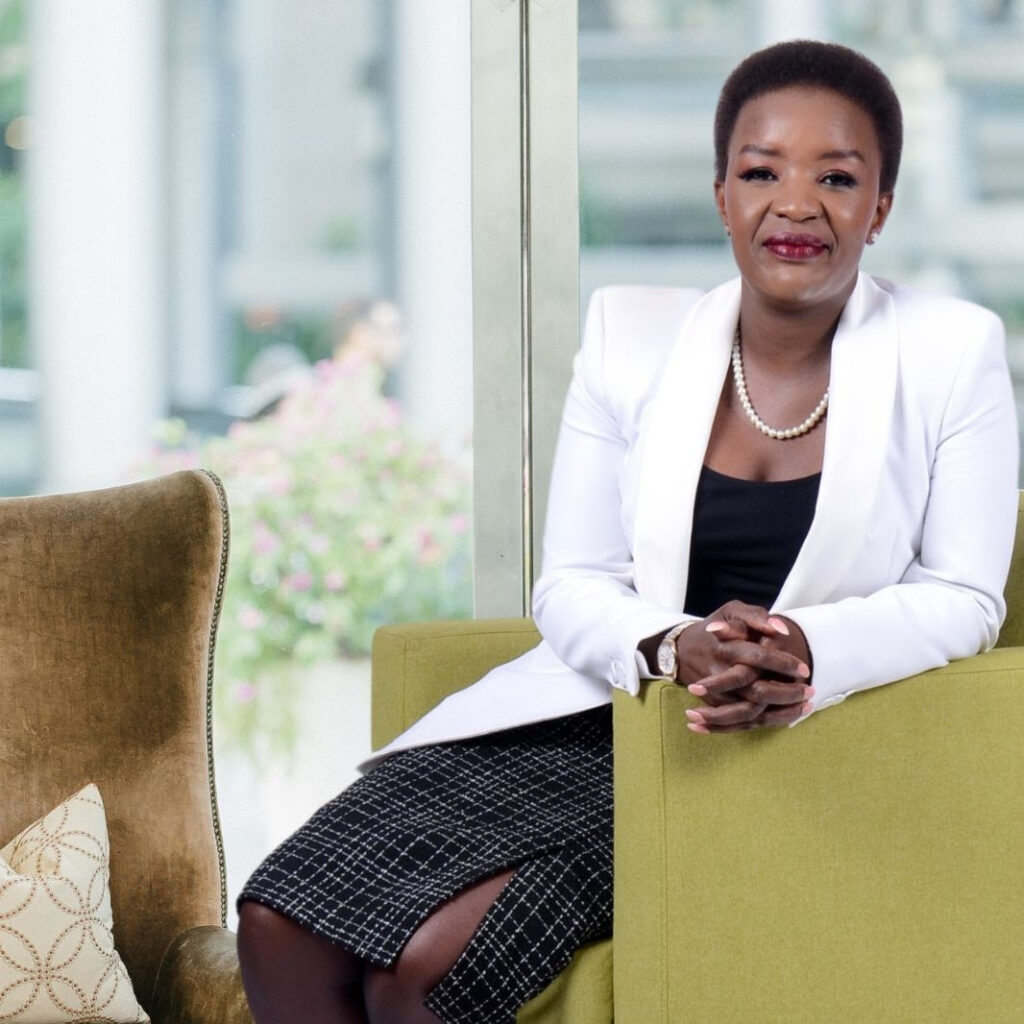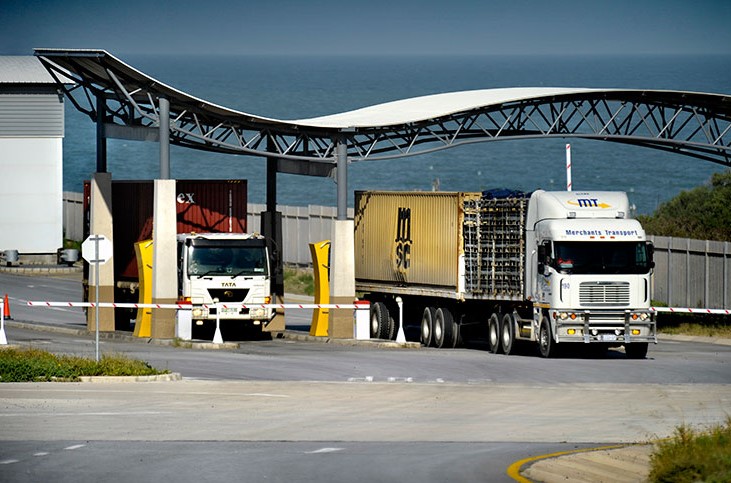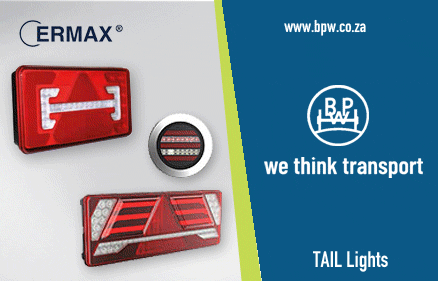Following recent reports of modest improvements in Transnet’s operational efficiency, optimism across South Africa’s logistics and supply chain industries has been dampened by S&P Global’s decision to downgrade the state-owned entity’s credit rating.
The downgrade, which cites weakening service delivery and resistance to structural transformation, is a major blow to building international business confidence in the country’s ability to stabilise and modernise its freight network. Business Leadership South Africa (BLSA) has warned that the move reflects deep-seated governance and leadership failures that continue to derail progress, with ripple effects across the entire logistics chain, from ports and rail to road freight.
“This downgrade is not just a reflection of Transnet’s financial distress – it is a damning indictment of years of failed leadership, union militancy and a government that continues to bail out state-owned enterprises without demanding fundamental reform,” says BLSA CEO Busisiwe Mavuso. The numbers paint a bleak picture: Transnet is burning through R13.5 billion in negative free cash flow each year while handing out 6% wage increases – double the inflation rate. S&P’s assessment is blunt – the utility is “entirely dependent on state support” and its operational outlook is worsening.
Unlike Eskom, which has begun to stabilise and implement deep reform, Transnet appears stuck in a holding pattern. “Transnet is seemingly resisting change and moving too slowly,” Mavuso says. “The solution is not more bailouts or government guarantees.” Instead, she argues, National Treasury must attach strict conditions to any further support – ones that enable much-needed private sector competition. Some progress has been made, notably through Operation Vulindlela’s separation of rail infrastructure from operations, but Mavuso warns it’s not fast enough.
Private sector is ready and willing to help
“Private sector partnerships in ports and rail concessions must be accelerated,” she adds. “Companies are ready to invest in our logistics infrastructure, but they need certainty that political interference and Transnet’s resistance won’t undermine their investments.” The National Logistics Crisis Committee has helped reduce port backlogs and slightly lift some corridor volumes, but the deeper structural issues remain. A three-month reform sprint, agreed at a follow-up meeting in May between business and government, is now at risk of losing momentum.
Critical steps include enabling third-party access to rail and ports and getting the logistics economic regulator operational. But implementation is faltering. “Either through intransigence or coordination failures, we haven’t been able to implement the plans,” Mavuso says. She adds that the S&P downgrade must be a wake-up call – Transnet is heading in the wrong direction and urgent action is needed.
“Transnet cannot continue as if it is business as usual and President Ramaphosa needs to act to get the agreed reforms implemented fast,” Mavuso states.
Her message is clear and sober: “Every successful reform sends a powerful signal that we are serious about creating institutions that serve with integrity, efficiency and accountability. The private sector stands ready to support this transformation but the government must lead with the courage to make hard decisions and the commitment to see them through. All South Africans depend on getting this right.”
Editor’s comment: FleetWatch agrees entirely with BLSA’s position on Transnet’s recalcitrance. Trucking has long been the safety net when rail and port operations falter, but the net cannot continue to sustain the burdens of Transnet’s ongoing failures. The downgrade of Transnet is more than a financial issue – it’s a logistics alarm bell. South Africa’s freight ecosystem cannot thrive if commercial truck transporters are left to plug ever-widening gaps in infrastructure. A reliable, reform-driven rail and port system is not a competitor to road freight – it’s a partner. Business is willing. Government must now do right by its economic mandate, its private enterprises and its citizens.
Click on photographs to enlarge





